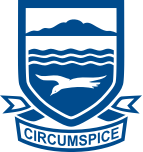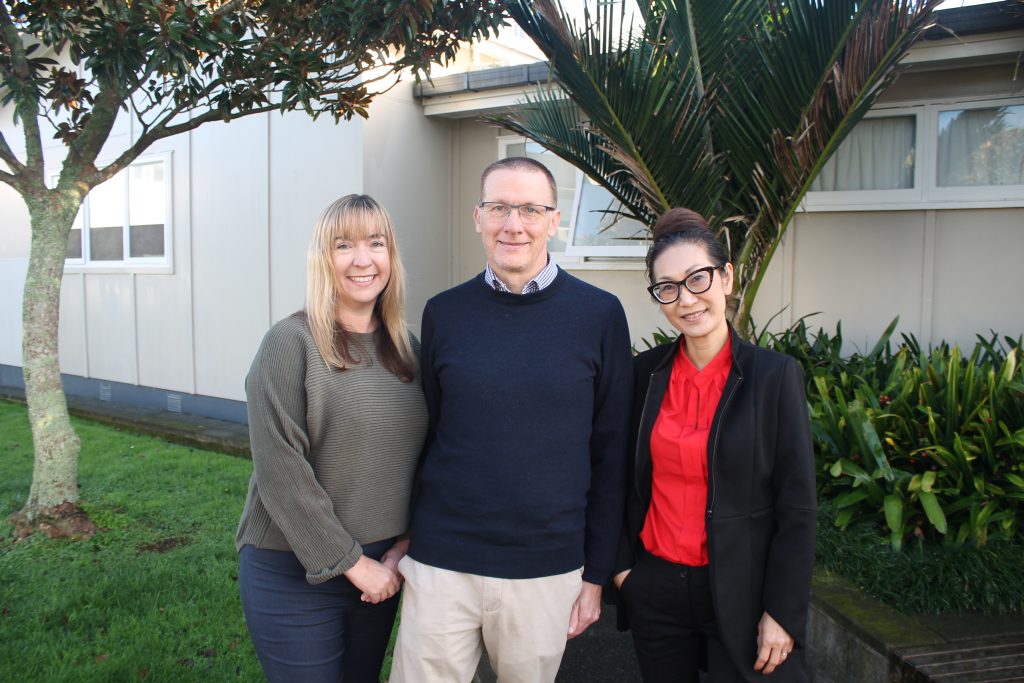Toxic achievement culture is characterised by the entanglement of self-worth, achievement and the relentless pursuit of academic or extracurricular success – at any cost! This phenomenon goes beyond the mere quest for success; it embeds a belief in students that their merit is exclusively tied to their achievements, often propelled by intense external pressures from families, schools, and society.
Some students are overfilling their schedules with activities aimed at “getting ahead.” However, the consequences are proving to be detrimental on students’ mental and physical health resulting in burnout and heightened levels of stress. This culture is also being aggravated by parental expectations, peer competition and a relentless comparison ethos often driven by social media.
There is nothing wrong with having ambition, but it’s crucial to ensure that this desire doesn’t push our young people into a toxic cycle of achievement and make them feel that they must achieve in order to matter. The relentless drive to excel is leading many students to prioritise accolades over genuine learning and personal growth, often at the expense of their own wellbeing and interpersonal relationships. As adult carers, we need to advocate for a more balanced and holistic approach to achievement, emphasising the importance of resilience, wellbeing, and the pursuit of diverse interests.
At Rangitoto College we work hard to encourage every young person to develop holistically so they develop into confident young men and women. Academic success is to be celebrated but so too is living a life rich in values, and learning to navigate the highs and the lows that we experience in life’s journey.
As we embark on another year of learning, this Special Report will help you understand the signs of toxic achievement. It outlines how to address issues and how to encourage young people under your care to adopt a better work/life balance.
We hope you take a moment to reflect on the information offered and if this raises any concerns for you, a loved one or the wellbeing of your child, please consider contacting the school counselling service or seeking other professional help.
To access the special report on Toxic Achievement click HERE.
Jay Smith, Head of Guidance




